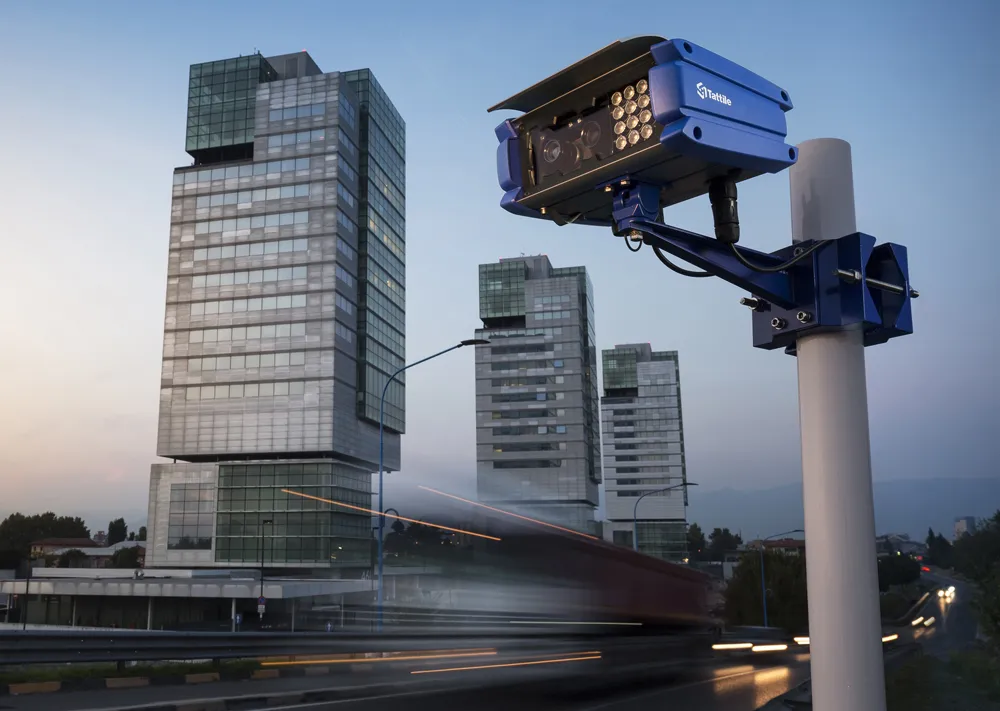Telvent GIT has announced the completion of the company’s SmartMobility Road Suite, on King Abdullah Road in Riyadh, Saudi Arabia. Claimed to be the first smart transportation system to be implemented in Saudi Arabia, this solution manages interurban expressway traffic through a centralised platform. It controls and manages the four tunnels and the entire range of field devices in place along the expressway’s six kilometre length, increasing user safety and security and improving infrastructure maintenance.
April 26, 2012
Read time: 2 mins
The solution also provides real-time information on traffic conditions, which enables local authorities to respond rapidly in a coordinated manner to any incidents that may occur on the expressway, in accordance with action plans that are predetermined by the application. Citizens, in turn, can also make use of this information in real time, gaining the capability to select the route that best suits their interests at any time.
Telvent says the project, which began in September 2010, has achieved a variety of additional benefits for users, including a reduction in both the number of accidents and in travel times within city limits, as well as a drop in fuel consumption. All of this results in a reduction in the release of pollutants, thereby improving air quality, in addition to helping to create a safer and more pleasant environment for citizens.








